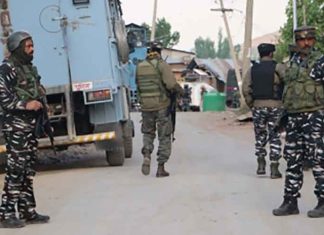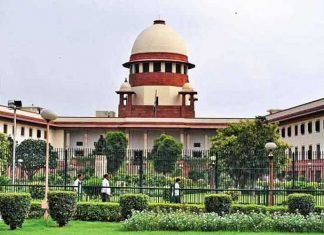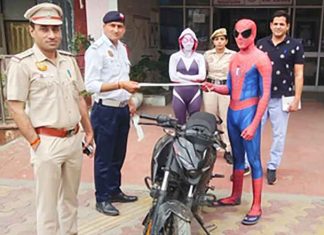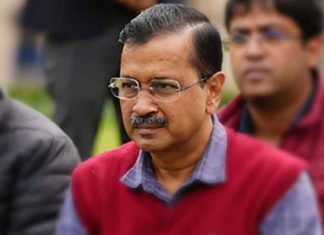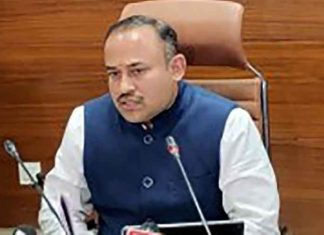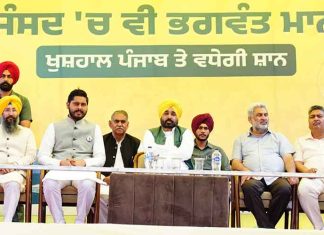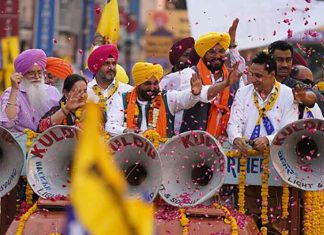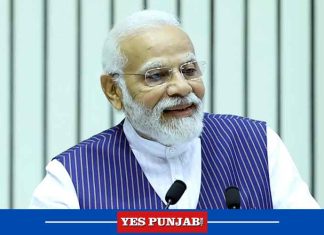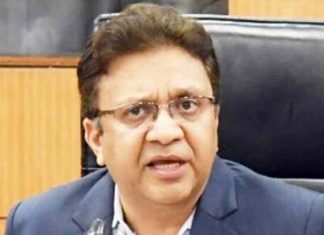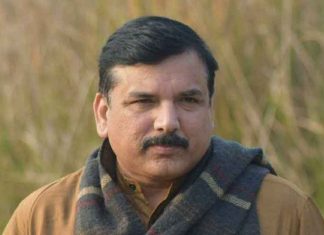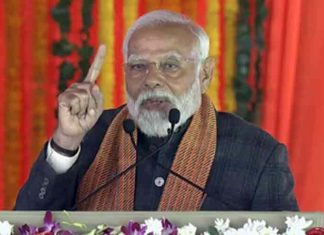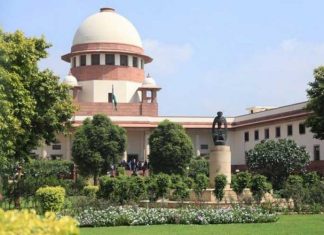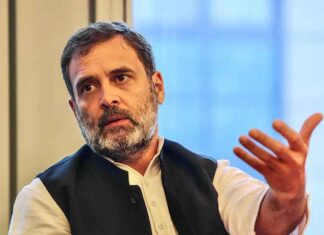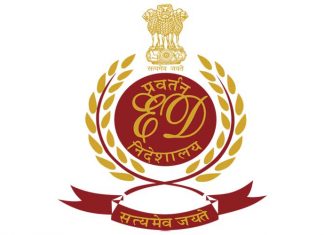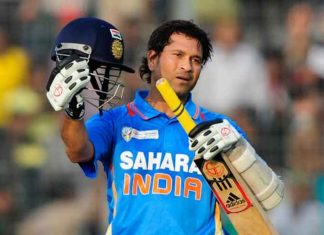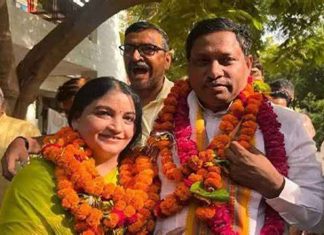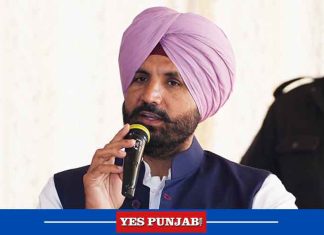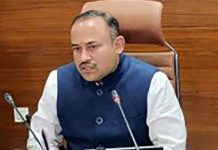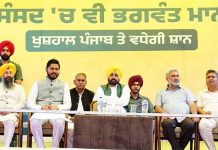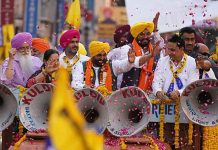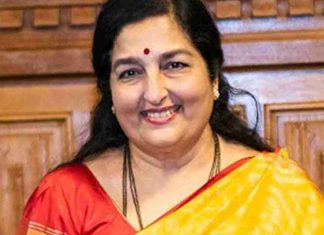Studying and learning can be easily separated as due to peer pressure or self-requirement everybody has to study which may not be for learning but to acquire degrees. Learning can be an easy and enjoyable life long process as compared to studying.
We grow with studying pressure from childhood to our young age in order to excel in terms of grades/marks. In a competitive educational world, studying smartly means to be able to memorize more and more and be able to reproduce it in the examinations in Fig.: Admission rush
Photo credit: https://www.financialexpress.com/
order to outclass others. There is already a tremendous studying pressure on students in the growing scenario of competition towards admission in good institutes (symbolic figure), courses and employment.
Therefore, parents and children are equally impatient to learn about the effective means to study smartly to stand better in the competitive world of admissions and career opportunities. Good study skills matter now more than ever, and science also points to ones that really work. For more than 100 years, psychologists have done research on which study habits work best.
Some tips help for almost every subject. With all the social responsibility, fun and day to day life activities, students probably feel the time is not enough to complete study then it would be nice to study smartly (not harder) to get good grades and lead a balanced life. Here are some suggested tips to tweak one’s study habits.
Space out studying process: It is better to make a study habit to space out the study sessions or lessons instead of cramming them one day or one the same day of the test. Allowing time between study sessions is a good studying methodology.
Practice and only practice: Everything in life like music, sports etc. all comes with lots of practice and same is true in case of learning also. It is rightly said that “practice makes a man perfect”. We should not compare with others in respect of practice time or sessions as we may need more of them as compared to others depending on the activeness on our brain towards learning.
Indian education system earlier uses to give a lot of importance to practice and it was a common practice in schools that students were asked to repeat the table lessons many-2 times in a class thus making students perfect in numerical tables.
Go beyond books and notes: Studied by reading textbooks, worksheets and notebooks over and over and over again is not be a good result oriented studying process rather than doing it yourself makes more sense.
Regularly test yourself: Periodic review is essential if you want to move information from your short-term memory to your long-term memory. Before big or final tests, it is better to test oneself for understanding of the subject. In the present era of internet, mock tests are easily available on any topic and one can make best use of these. But just going for mock tests without extensive studying will be futile exercise and wastage of time.
Learn from mistakes: A secret of science is that mistakes boost understanding. It’s crucial to test our memory and it doesn’t really matter how much time we spend on each try. It’s important to go the next step to check if we were right or wrong. Then focus on what got wrong and try to find the right answer.
Mix it up: By practising one concept over and over, our attention decreases because we know what’s coming up next. It is better not to focus on one thing only and attempt on different concepts. It’s more effective to study multiple subjects each day to help you stay focused, than to deep-dive into one or two subjects.
Use pictures: Pay attention to diagrams and graphs in class materials as pictures can really boost our memory of this material. And if there aren’t pictures, creating them can be really, really useful.
Find examples: Abstract concepts can be hard to understand and it tends to be far easier to form a mental image if we have a concrete example of something.
Go for different sources of information: The research shows that different media stimulate different parts of the brain. The more areas of the brain activated means more likely to understand and retain the information. So learn a specific topic in a variety of ways and resources.
Elaboration always helps to combine new information with other things we know and it creates a bigger network in our brain of things that relate to one another. That larger network makes it easier to learn and remember things.
Follow a study plan: Along with all studying tips like pace out study periods, taking quizzes and practice other good skills, it is always good to make a study plan and stick to it.
Try to teach others: It helps to get things clearer in our head if we try to explain our answers verbally to people who do not know much about the subject. we can still have a social life and study – get together with our friends and share ideas or test each other. We might get a new perspective on a topic, or work out a better way to approach an assignment. Online groups can work for this too.
Stay positive: It is important to be enthusiastic about studying courses and to have positive affirmations about success and meet the goals, however, it all comes down to attitude and practice. Under pressure for a right answer in an exam it is better not to guess and stick to the first choice of answer. If not sure, make a note of it and move on -you can always come back later if you have time.
Allow short breaks: Study during study time with no distractions and full concentration but after a regular period allow a short break. During this break, one can exercise, check phone, drink some water etc. to relax and be energized again to start.
Be kind to yourself: Eat well by taking care of your eating materials and habits. Try to stick to a regular routine of studying but do not stress yourself, relax and get enough sleep- not just the night before the test but for weeks or months on end as these things are really important for learning.
Dr. S.S. VERMA
Department of Physics, S.L.I.E.T., Longowal
Distt.-Sangrur (Punjab)-148106

Click here to Like us on Facebook




